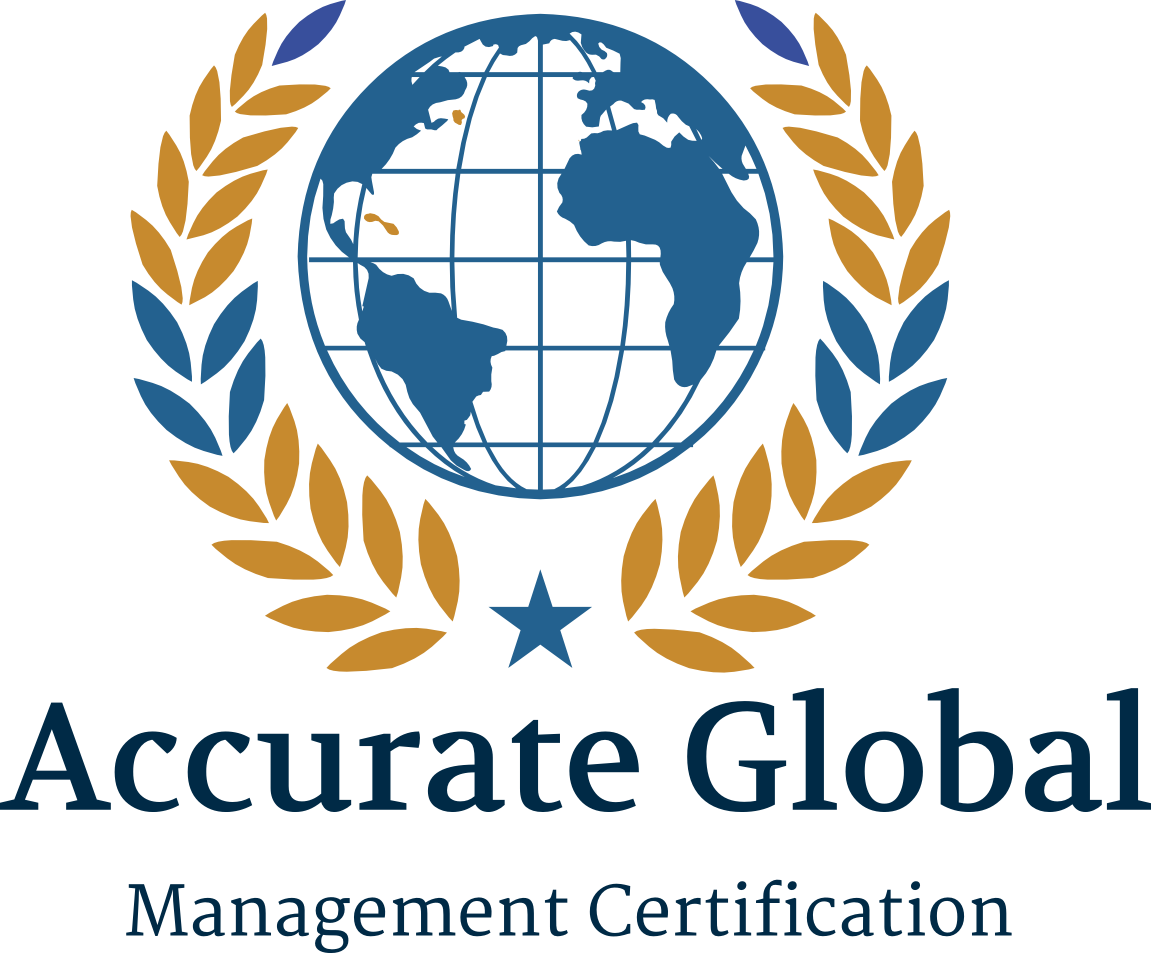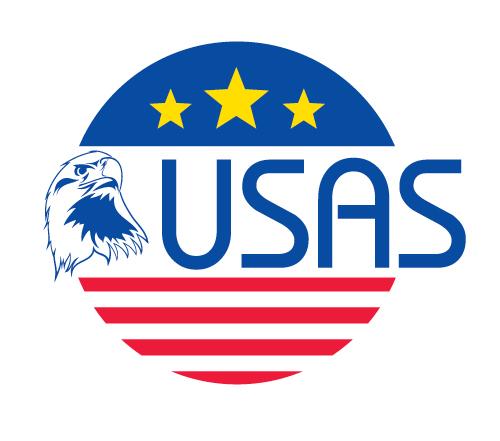ISO Internal Auditor
Internal auditing is an independent, objective assurance and consulting activity designed to add value and improve an organization’s operations. It helps an organization accomplish its objectives by bringing a systematic, disciplined approach to evaluate and improve the effectiveness of risk management, control and governance processes.[1] Internal auditing is a catalyst for improving an organization's effectiveness and efficiency by providing insight and recommendations based on analysis and assessments of data and business processes. With commitment to integrity and accountability, internal auditing provides value to governing bodies and senior management as an objective source of independent advice. Professionals called internal auditors are employed by organizations to perform the internal auditing activity.
The scope of internal auditing within an organization is broad and may involve topics such as the efficiency of operations, the reliability of financial reporting, deterring and investigating fraud, safeguarding assets, and compliance with laws and regulations.
Internal auditing frequently involves measuring compliance with the entity's policies and procedures. However, internal auditors are not responsible for the execution of company activities; they advise management and the Board of Directors (or similar oversight body) regarding how to better execute their responsibilities. As a result of their broad scope of involvement, internal auditors may have a variety of higher educational and professional backgrounds
The Certified Quality Auditor is a professional who understands the standards and principles of auditing and the auditing techniques of examining, questioning, evaluating and reporting to determine a quality system’s adequacy and deficiencies. The Certified Quality Auditor analyzes all elements of a quality system and judges its degree of adherence to the criteria of industrial management and quality evaluation and control systems.

 Accurate Global LTD.
Accurate Global LTD.

